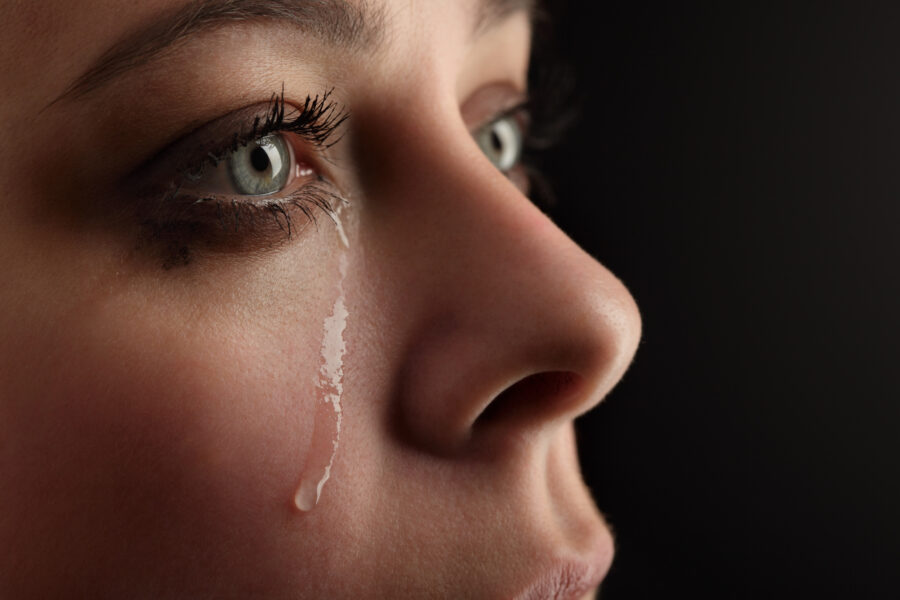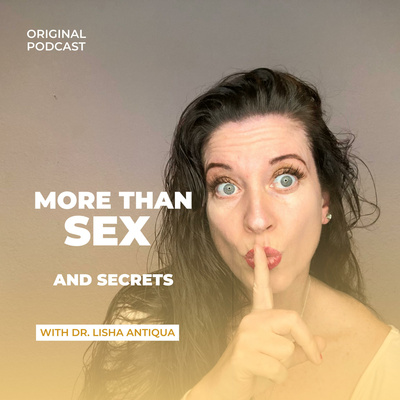“Keep me away from the wisdom which does not cry, the philosophy which does not laugh and the greatness which does not bow before children.”
-Khalil Gibran
The topic of crying has come up for me five separate times today, and it’s only 1:00 PM. I believe the universe is asking me to write this post, so here we go.
When was the last time you cried? You might be surprised to hear that I cried today, and yesterday, and the day before that. In fact, I make a point to cry almost every day. It doesn’t take a lot to make me cry, and doing kundalini yoga is an almost guaranteed way to make the water works start flowing for me.
There are psychiatrists out there whose eyebrows might be raised when hearing that someone is crying every day. “That’s a telltale sign of depression!” they might think. In fact, it is, according to the DSM-5 (the psychiatric bible of diagnoses). However, according to me, and many other people, it’s also a sign of being an emotionally healthy human.
Let’s back up for a moment and start at the beginning of this tale. When every one of us was born, what was the very first thing that we did? WE CRIED!!! And not only did we cry, but how hard we cried was an indicator of our health. As a mom, I can tell you that hearing the first sound of your baby’s cry is one of the most joyous sounds there is. And with both of my children, the sound of their cries brought me to tears. (I’m actually crying right now, thinking about it.)
The next few years of our lives as humans are basically huge tear-shows. My infant and toddler both cry a minimum of 5 times a day (frequently more). Crying really is a biological certainty. But if we cry so much as babies and children, why do many of us stop crying once we become adults?
The reason that many adults “grow up” and stop crying at the drop of a hat is because we are taught that crying is not the “right” thing to do. We are conditioned by our parents and society to believe that “crying is for babies.” We are taught to “suck it up” and “be tough.”
The thing is, it’s not just the tears that get bottled up as we age. It’s basically any emotion that is labeled by our parents and society as “bad.” We are taught from a young age that we shouldn’t express our “bad” emotions like anger, sadness and frustration. We learn to suppress and repress our true emotions and “grin and bear it.”
The truth is that no emotions are “good” or “bad.” They simply are. And they are the very essence of what makes us human. If we bottle up our emotions, they do not go away. In fact, they can wreak all kinds of nasty havoc on our minds and bodies. Unexpressed emotions are in fact the silent killer. They contribute to just about every kind of dis-ease.
Adults have learned many methods to help stuff our emotions down deep. Drugs, alcohol, and addictions to things like shopping, sex, and gambling are very popular tools. In addition, the pharmaceutical industry has gifted us with toxic psychotropic medications that serve the same purpose. Psychiatric medications do not, in fact, treat any underlying problem or chemical imbalance. However, they do a decent job of disconnecting us from our true emotions (both the “good” and “bad” ones). This is why many people report feeling like a “zombie” while taking them. In many ways, psychiatric medications create the perfect zombie. You’re not actually “alive” because you can’t express emotions (which we previously said are what make you human), but your lifeless body continues to drift through the world, disconnected and numb.
So, if we are not supposed to suppress our “bad” emotions, what are we to do with them? Well, it turns out that the healthiest thing is to actually allows yourself to completely FEEL the emotion. This can be very scary at first, if you’re not used to doing it. However, I can tell you that it’s a very magical experience. Some people may fear that if they allow themselves to fully feel an emotion, they may become consumed by it. However, this will not actually happen. Emotions have a half-life, just like medications. They will ripple through you, if you allow them to, and eventually they fade away.
In addition to allowing you to process your emotions, there is tons of research linking the shedding of tears to releasing emotions, from sadness to anxiety and frustration.
According to research from Junko Umihara, a professor at Nippon Medical School in Japan:
“Crying is an act of self-defense against accumulating stresses. The act of crying is more effective than laughing or sleeping in reducing stress. If you cry once a week, you can live a stress-free life.”
In fact, in Japan, schools and companies are even encouraging students and employees to cry to relieve stress and improve mental health.
But wait, there’s more. It turns out that crying with emotion is also good for our overall health. William Frey, a researcher at the Ramsey Medical Center in Minneapolis found that emotional tears contain stress hormones and toxins. You heard that right, when we are crying for emotional reasons we are actually detoxifying our bodies.
But wait, there’s even more. Crying has been found to have even more benefits, including: activating the parasympathetic nervous system creating a soothing effect; increasing attachment with the people around us; decreasing pain and enhancing mood via releasing oxytocin and endorphins; improving sleep; fighting bacteria; and improving vision.
Now I will ask you the question again. When was the last time you cried? If it’s been awhile, maybe it’s time to release some things that you have been holding in tightly. Perhaps you could benefit from some good old fashioned, natural detoxification. And maybe, if you’re like me, you might even find yourself crying every day.








[…] Mindfulness is the gift of rapture in the present moment. By focusing on our 5 senses (sight, touch, sound, smell, taste), we bring ourselves into the here and now. And oh, what a beuutfiful place it is! In fact, whenever I stop during my busy day to be mindful, I feel my heart swell with joy and love! And then the tears come. Such cleansing tears of joy for all that is right now, right here. Yes, I do cry every day. And yes, I am a psychiatrist telling you that you should too. […]
Thank you doctor, for your insightful advice and wisdom. I cry everyday and now after reading your words I know there is nothing wrong with that and no worries! Thanks again for your insightful advice!
Great article!! Made me feel so much better!!!